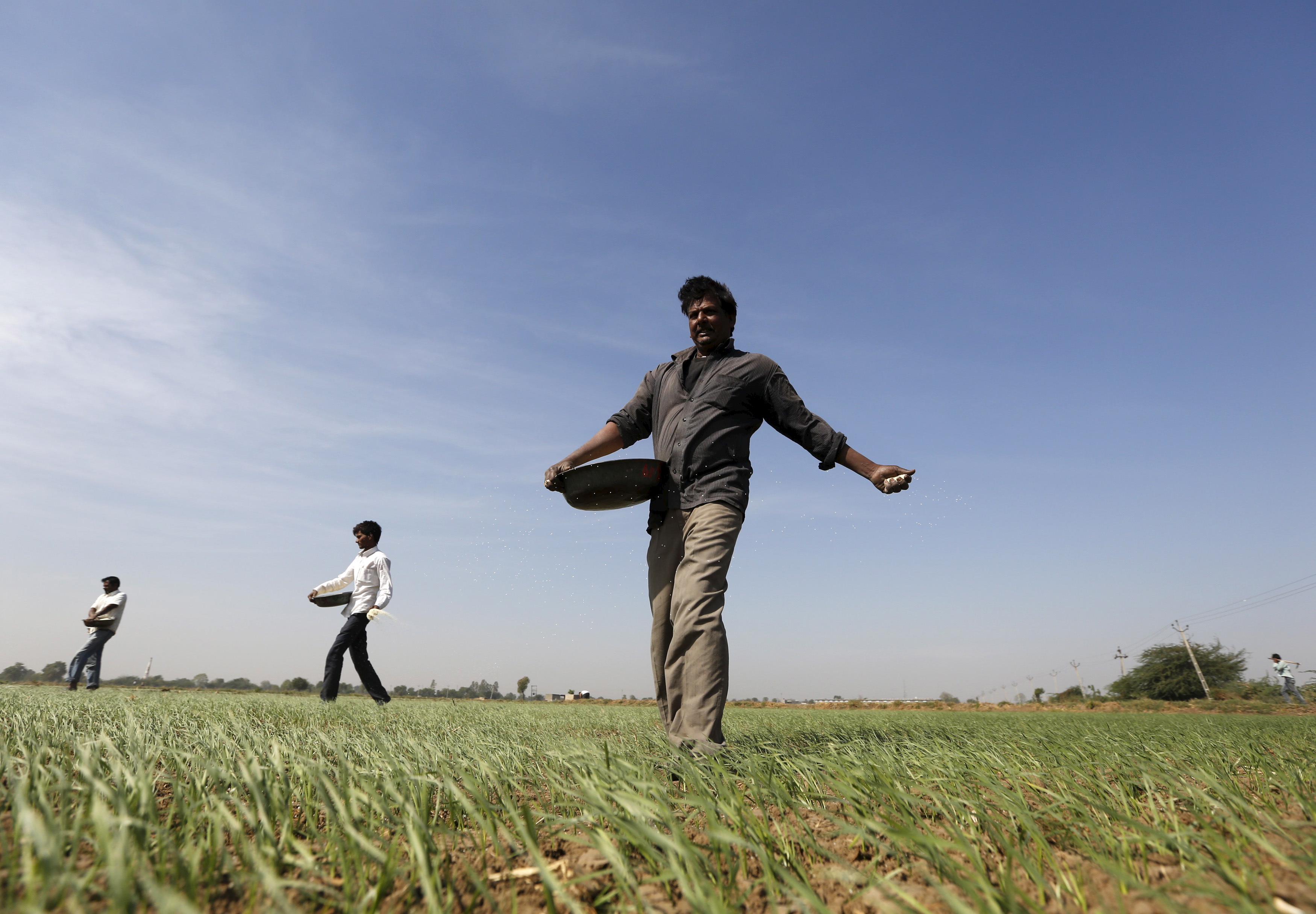A year ago, the then newly-elected Uttar Pradesh government headed by Adityanath made some moves to act on election promises that, for the first time in decades, had swung the votes of farmers, mostly small and marginal ones.
The new government gave a loan waiver of up to Rs 1 lakh to these farmers, a move that was at the time very much welcomed. Then, the reality of government’s loan waiver programme seeped in, when ludicrous reasons were circulated for minuscule amounts being waived.
Subsequently, the government’s first anniversary of coming into power brought with it cognisance of a highly unhappy community of farmers in the drought-hit region.
Consequently, last week, when the chief minister returned to this disgruntled community with another carrot – a hike in subsidy on seeds for the upcoming Kharif season – it was summarily dismissed.
The existing subsidy of 50% on seeds purchased from state seed banks has been increased to 80%. Which sounds promising, but the catch is that the purchase is to done at government-set prices, in cash, and the subsidy is then transferred through a direct transfer into bank accounts of farmers.
This system of subsidies funnelled through a direct bank transfer was piloted in UP in 2015, and has been followed by state governments since.
Bal Prasad, a tehsil level officer of the Bharatiya Kisan Union (BKU), says the proportion of benefit is minor, like the proportion of salt in dal. ‘This is just a political game, with barely any advantage for farmers. Where farmers are making a return of Rs 1,000 on their paddy crops, the government charges them Rs 5,000 [on seeds or through subsidies of various kinds].”
Baijnath Awasthi, the president of the BKU in Banda, says that there could be a benefit for farmers if the state was to fix the rate for the seeds for the kharif crop at the market rate. “At present, the rate is much higher than market rates, so even after an 80% subsidy, there’s little advantage of buying government provided seeds.” He also reiterated that having to put down the whole amount for the seeds and then waiting for a rebate was hardly advantageous to the cash-strapped Bundelkhandi farmer.
After years of observing the machinations of the state vis-à-vis its large farmer vote bank, Awasthi knows that incentives are provided only to empty state seed warehouses, and this is also one of those incentives.
Banda farmer Bhola Prasad seconds Awasthi’s opinion. “Where do we get the money for putting down for seeds? If we had that ability then only this subsidy would be of any value.”
Rahul, a farmer from Mahoba, says that farmers require cash on hand, whether for personal expenses, emergencies or subsistence. With their shortage of cash, putting down this high amount and waiting for a government subsidy to kick in is not filling farmers with any confidence.
Not only does this move assume a naivety on the part of farmers who have been through crushing losses over the past two agricultural seasons, despite the change in government and the promise of reparation, it also ignores the new ways in which debt is levied on farmers, disappointed at the failure of the state to waive their debts.
Instead, state subsidies such as for the kharif seed purchase push farmers to take on fresh debt and depend on the state to repay them, continuing a cycle of debilitating dependence, and no change to the failing agricultural system in the state.
Khabar Lahariya is a rural, video-first digital news organisation with an all-women network of reporters in eight districts of Uttar Pradesh.
